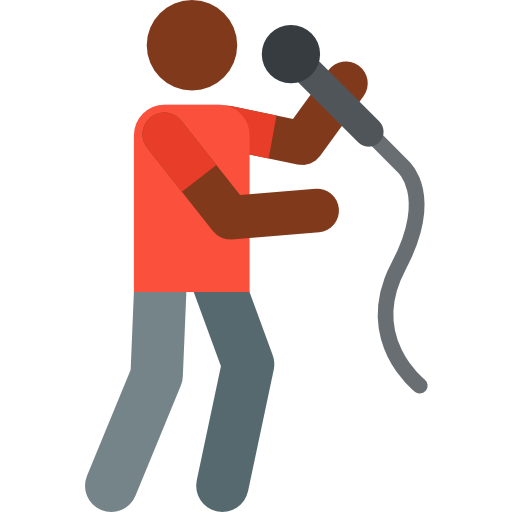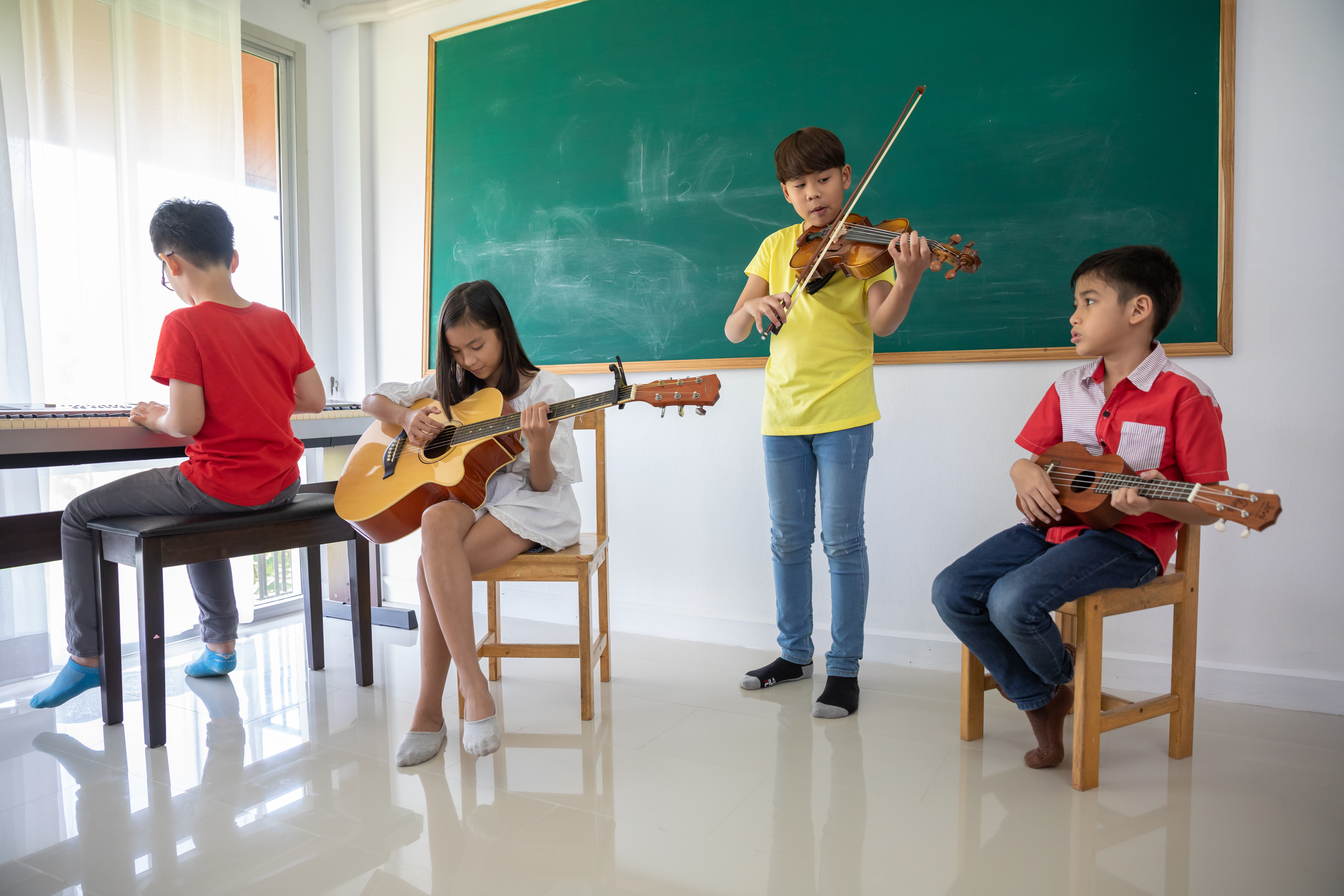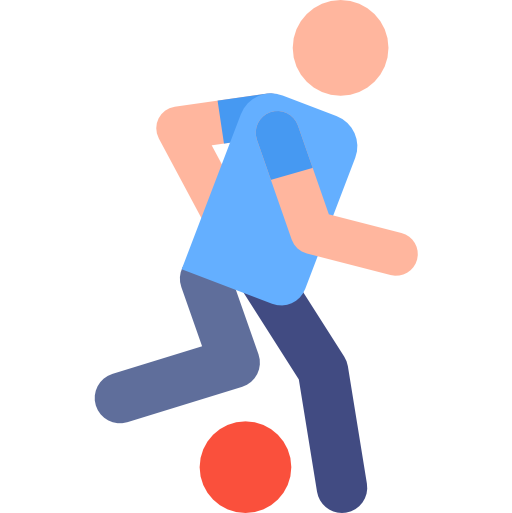PART A_1
Let’s introduce ourselves to each other.
PART A_2
My name is ________________. What is your name?
PART A_3
I am ________________. Nice to meet you.
PART A_4
Nice to meet you too, ________________. How’s your day so far?
PART A_5
PART A_6
I see. Now, let’s begin our lesson!
PART B_1
Let’s study some words using the picture below. Please repeat after me.
PART B_2

| 1. | bat |
| 2. | helmet |
| 3. | baseball |
| 4. | shoes |
| 5. | player |
PART B_3
Now, let’s review your answers.
(Please review your student’s answers by sending the correct answers.)
PART B_4
PART C_1
I will ask the following questions. Please answer based on the picture below. I will check if your sentences are complete and if the grammar is correct.
PART C_2

| 1. | What sports game does he like to watch on TV? |
| Answer: | He likes to watch (basketball / soccer / baseball) games on TV. |
| 2. | What is the man holding? |
| Answer: | He is holding a (bat / soccerball / basketball). |
PART C_3
Now, let’s review your answers.
(Please review your student’s answers by sending the correct answers in complete sentences. After that, ask your student to read aloud his or her corrected answers.)
PART C_4
PART D_1
We will read aloud the dialogue below twice. I will check your pronunciation and intonation.
First, let’s read aloud clearly and slowly to check your pronunciation. Second, let’s try to read aloud at a natural speed.
First, let’s read aloud clearly and slowly to check your pronunciation. Second, let’s try to read aloud at a natural speed.
PART D_2
|
Greg:
|
Hi, Anne. What is your favorite sport? |
|
Anne:
|
Hi, Greg. My favorite sport is baseball. How about you? |
|
Greg:
|
I also like baseball but my favorite sport is soccer. I sometimes play it with my friends. |
|
Anne:
|
Wow! Where do you usually play soccer? |
|
Greg:
|
I play soccer at school. Anyway, I am going to watch a baseball game tomorrow after school. Do you want to join? |
|
Anne:
|
Sure. See you tomorrow. |
At the baseball game
|
Greg:
|
How often do you watch sports games? |
|
Anne:
|
I watch baseball games once or twice a month. How about you? |
|
Greg:
|
I don’t watch baseball games, but I always watch soccer games on TV. |
|
Anne:
|
I see. I sometimes watch soccer games on TV with my family. They like to watch soccer games. |
|
Greg:
|
That’s great. I hope you can watch me play soccer next time. |
|
Anne:
|
Sure, Greg. Just tell me when the game is. |
PART D_3
Now, we’ll fill in the blanks and read aloud the dialogue. I will be Greg, and you will be Anne. After reading it once, we’ll switch roles. I will check your pronunciation and intonation.
(Please send the mispronounced words and expressions to your student.)
PART D_4
|
Greg:
|
Hi, Anne. What ____________ your favorite sport? |
|
Anne:
|
Hi, Greg. My ___________ sport is baseball. How about you? |
|
Greg:
|
I also like ________________ but my favorite sport is soccer. I sometimes play it ____________ my friends. |
|
Anne:
|
Wow! Where _________ you usually play soccer? |
|
Greg:
|
I _________ soccer at school. Anyway, I am ______________ to watch a baseball game tomorrow after school. Do you want to join? |
|
Anne:
|
_______. See you tomorrow. |
At the baseball game
|
Greg:
|
__________ often watch sports games? |
|
Anne:
|
I ___________ baseball games once or twice a month. How about you? |
|
Greg:
|
I don’t watch baseball games, but I always _________ soccer games on TV. |
|
Anne:
|
I see. I sometimes __________ soccer games on TV with my family. They like to ______________ soccer games. |
|
Greg:
|
That’s great. I hope you can ___________ me play soccer next time. |
|
Anne:
|
Sure, Greg. Just tell me when the game ___________. |
PART D_5
Now, let’s review some words and sentences from part D_4.
(Please review the mispronounced words and expressions from part D_4.)
PART D_6
PART E_1
Now, please fill in the blanks to answer the following questions about yourself.
PART E_2
| Tutor: | What sport do you like to play? |
| Student: | I like to play ______. |
| Tutor: | Do you watch baseball games? |
| Student: | (Yes, I do / No, I don’t). |
PART E_3
Now, let’s review your answers.
(Please review your student’s answers by sending the correct answers in complete sentences. After that, ask your student to read aloud his or her corrected answers.)
PART E_4
PART F_1
Now, you will ask me the questions. Please fill in the blanks to ask the questions.
PART F_2
| Student: | Where do you usually (play / see / bring) soccer? |
| Tutor: | I usually play soccer at ________. |
| Student: | Do you (listen / watch / play) sports games on TV? |
| Tutor: | (Yes / No), (I watch / don’t watch) sports game on TV. |
PART F_3
Now, let’s review your answers.
(Please review your student’s answers by sending the correct answers in complete sentences. After that, ask your student to read aloud his or her corrected answers.)
PART F_4
PART G_1
Now, please fill in the blanks to answer the following questions.
I will check if your sentences are complete and if the grammar is correct.
I will check if your sentences are complete and if the grammar is correct.
PART G_2
|
1. |
Do you like playing sports? |
|
Answer:
|
(Yes, I do / No, I don’t). |
|
2. |
How often do you play sports? |
|
Answer:
|
I play sports (everyday / once a week / twice a month). |
|
3. |
Do you watch sports games? |
|
Answer:
|
(Yes / No), (I watch / don’t watch) sports games. |
|
4. |
What is the most popular sport in your country? |
|
Answer:
|
The most popular sport in our country is (volleyball / tennis / football). |
|
5. |
What is the most difficult sport for you? |
|
Answer:
|
The most difficult sport for me is (volleyball / basketball / swimming). |
|
6. |
What sport do you usually play at school? |
|
Answer:
|
I usually play (tennis / basketball / badminton) at school. |
|
7. |
Does your family like sports? |
|
Answer:
|
(Yes / No), my family (does / does not) like sports. |
PART G_3
Now, let’s review your answers.
(Please review your student’s answers by sending the correct answers in complete sentences. After that, ask your student to read aloud his or her corrected answers.)
PART G_4
PART H_1
Let’s do a free talk.
(Please do a free talk if you have time left.)
PART H_2
Tell me about your favorite sport and why you like it.
PART H_3





























